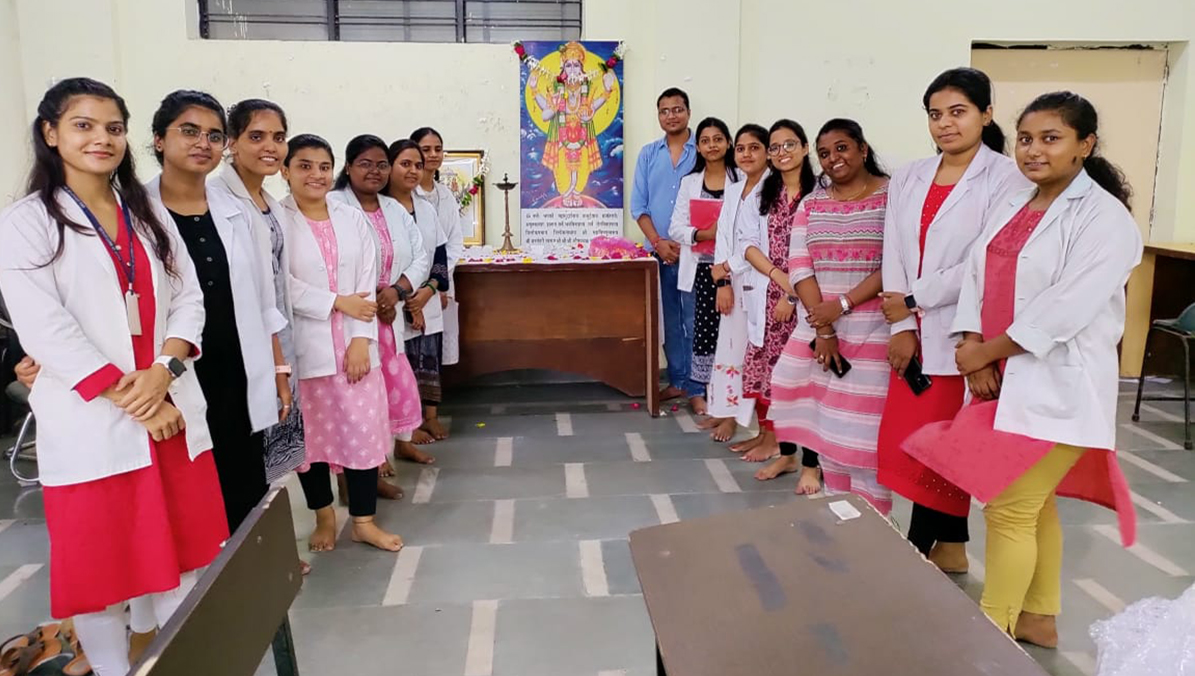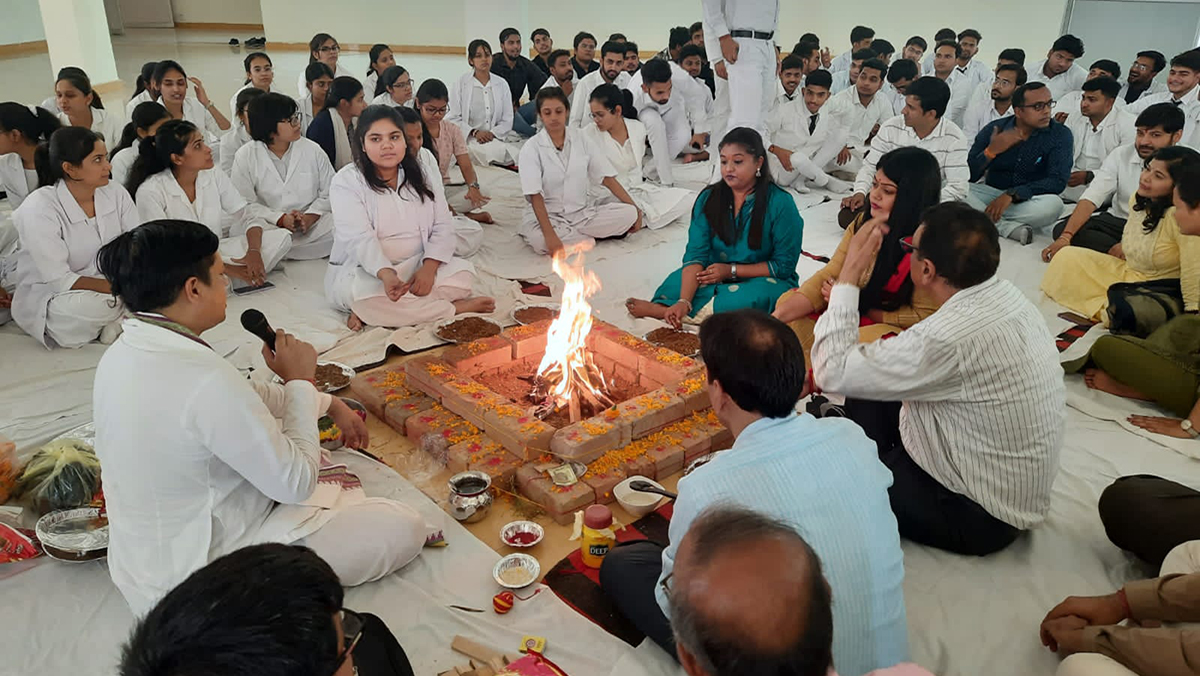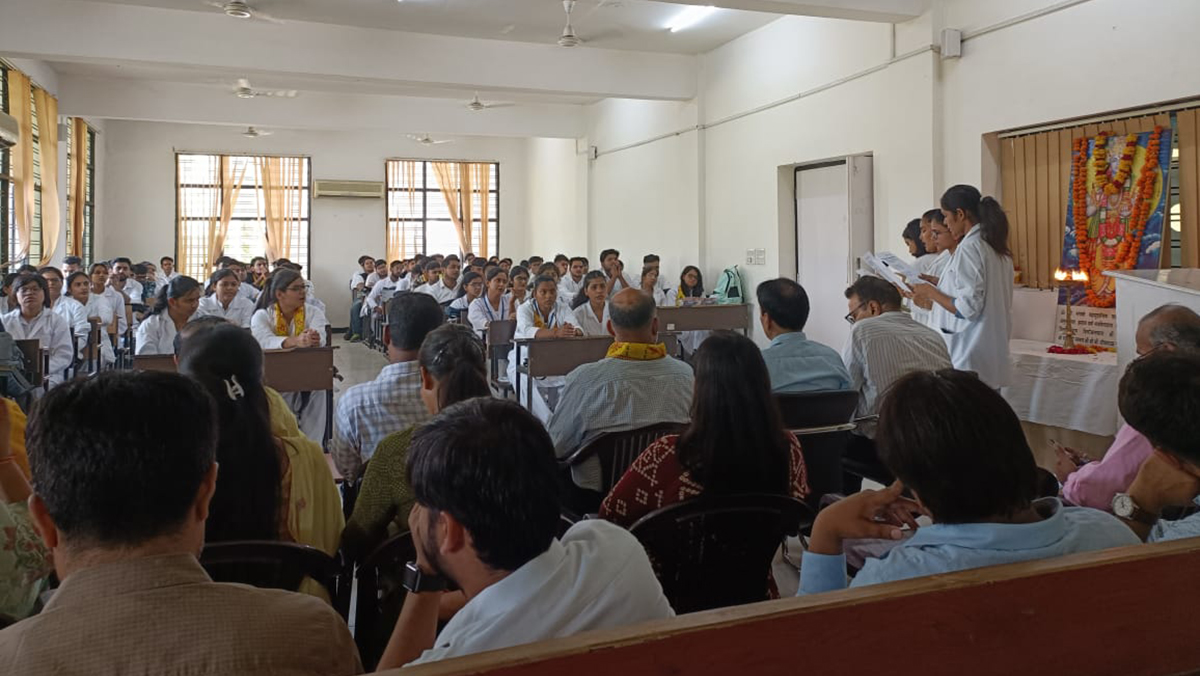- Home
- About
ADMINISTRATION

- Colleges
- Program
- Student Corner
A Home away from Home
Student Corner
Gallery
Other Links
- Campus Life
A Home away from Home
Youth Festivals & Summits
Culturally Diverse
Student-Friendly
Technology integration
- Application for UGC 2(f)
- Contact Us
- About
- Academic
- College Council
- About School of Ayurveda
- Herbal Garden
- Pharmacy
- Affiliation & Approval
- Letter of Permission
- Gallery
-
Departments
- Herbal garden
- Academic Calender
- Pharmacy
- Library
- Affiliation & approval
- Letter of permission
- Gallery

HERBAL GARDEN:
The Faculty of Ayurveda is maintaining an excellent herbal garden consisting of numerous medicinal plants which are used for preparing medicines. The garden is systematic and well equipped with medicinal plants labelled properly with indigenous and scientific names. The garden is looked after by gardener and trained faculty. All the plant species were authentically identified by expert taxonomists.
Bharangee bhed | Lajjalu | Neel Aprajita | Shigru | Dhara kadamb | Bijora nimboo | Musali | Parnabeeja | Asthisrinkhla | Arjuna | Ashwagandha | Ashoka | Chitraka | Tulasi | Bhringraj | Jambu | Gugglu | Haridra | Vibhitak | Haritaki | Kanchanar | Ghrita Kumari | Sarpagandha | Kalmegha | SudarshanACADEMIC ACTIVITY DATE/PERIOD First Profession BAMS(18 Months) (1st Nov 2025 to 30th April 2027) Course Commencement 1st Nov 2025 Induction program & Transitional Curriculum 15 Working Days First Term Test third/Fourth Week of April 2026 (5 Working days for theory & 5 Working days for practical, No preparatory holidays) Summer Vacation Three weeks of May/June 2026 Second Term Test Third/Fourth Week of October 2026 (5 Working days for theory & 5 Working days for practical, No preparatory holidays) Preparatory holidays First and second week of march 2027 University Examination Third week of march 2027 onwards Result Declaration of University Examination Before 30th April 2027 View More
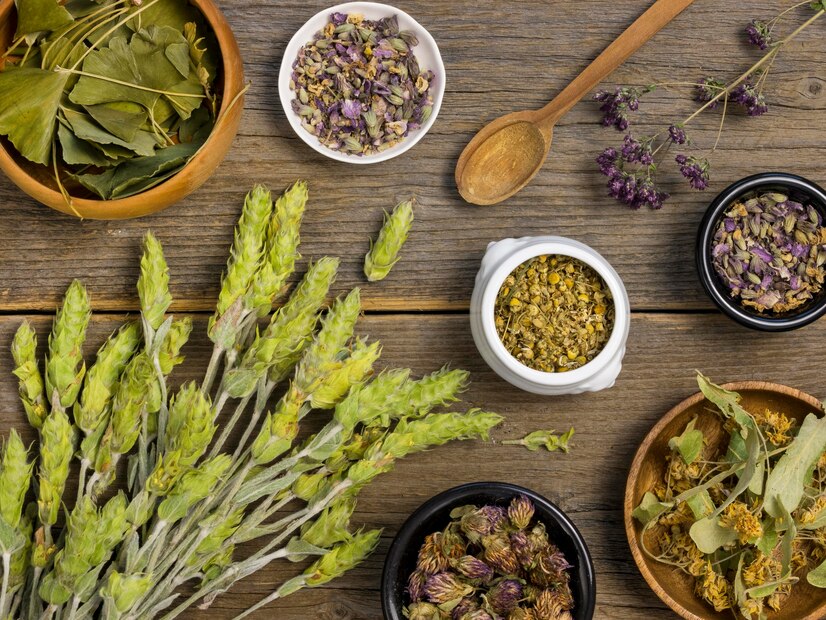
HERBAL GARDEN: The Faculty of Ayurveda is maintaining an excellent herbal garden consisting of numerous medicinal plants which are used for preparing medicines. The garden is systematic and well equipped with medicinal plants labelled properly with indigenous and scientific names. The garden is looked after by gardener and trained faculty. All the plant species were authentically identified by expert taxonomists. 
College of AYURVEDA in SKS International University, Mathura provides a well-equipped library with a collection of both classic and modern works of Indian medicine. The periodical collection consists of current subscriptions on Ayurveda, nutrition, conventional medicine, journals on research and current advances in Ayurveda. During the academic year, Library is open from Monday to Saturday. Library material is readily accessible to all students, faculty and other doctors of the Institution. AFFILIATION & APPROVAL
Approved by National Commission for Indian System of Medicine (NCISM), New Delhi
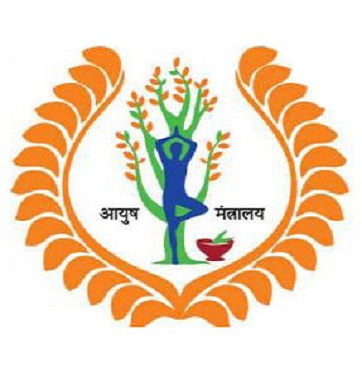 AYUSH, Govt. Of India, New Delhi
AYUSH, Govt. Of India, New Delhi
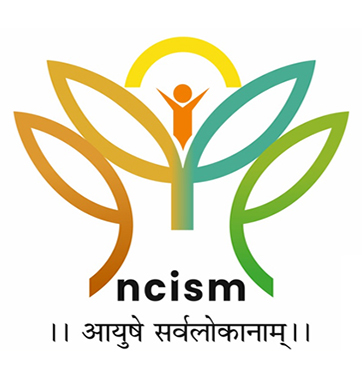 National Commission for Indian System Medicine
National Commission for Indian System Medicine
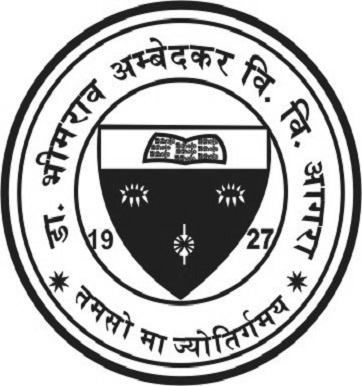 Dr. B.R. Ambedkar University, Agra
Dr. B.R. Ambedkar University, Agra
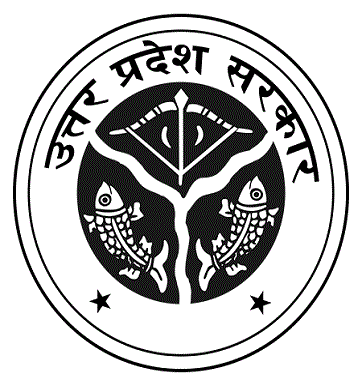 Government Of Uttar Pradesh
Government Of Uttar Pradesh
- Hospital
- BAMS
- Admissions
- Contact
- Important Links
- NCISM Mandatory
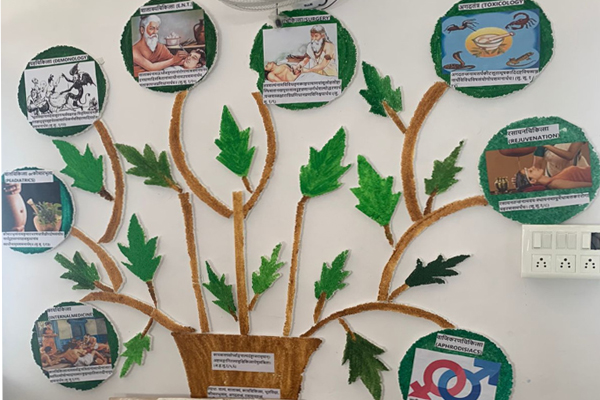
AYURVED SAMHITA & SIDDHANT
College of Ayurveda in SKS International University, Mathura having departments focusing on "Samhita" and "Siddhanta" which play a crucial role in providing foundational knowledge in Ayurveda. These departments are responsible for teaching the classical texts, principles, and philosophies of Ayurveda. Department of Samhita and Siddhanta focus on detailed study of Ayurvedic Samhitas such as Charaka Samhita, Sushruta Samhita, and Ashtanga Hridaya. Understanding the philosophical underpinnings of Ayurveda, including concepts like Tridosha (three humors), Panchamahabhuta (five elements), and Prakriti (constitution). It also Explor of the historical development of Ayurvedic knowledge and its evolution over time
| 1. | Dr. Saty Pal Bhardwaj | Professor | Ayurved Samhita and Siddhant |
| 2. | Dr. Brijesh Kumar | Professor | Ayurved Samhita and Siddhant |
| 3. | Dr. Md. Hamid Iqbal | Assistant Professor | Ayurved Samhita and Siddhant |
| 4. | Dr. Ankit Jain | Assistant Professor | Ayurved Samhita and Siddhant |

